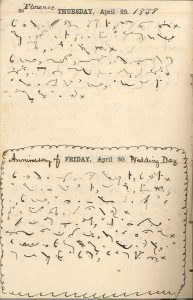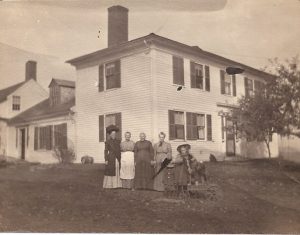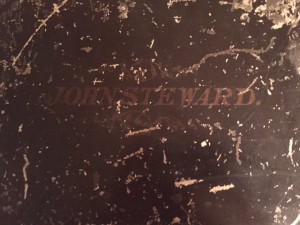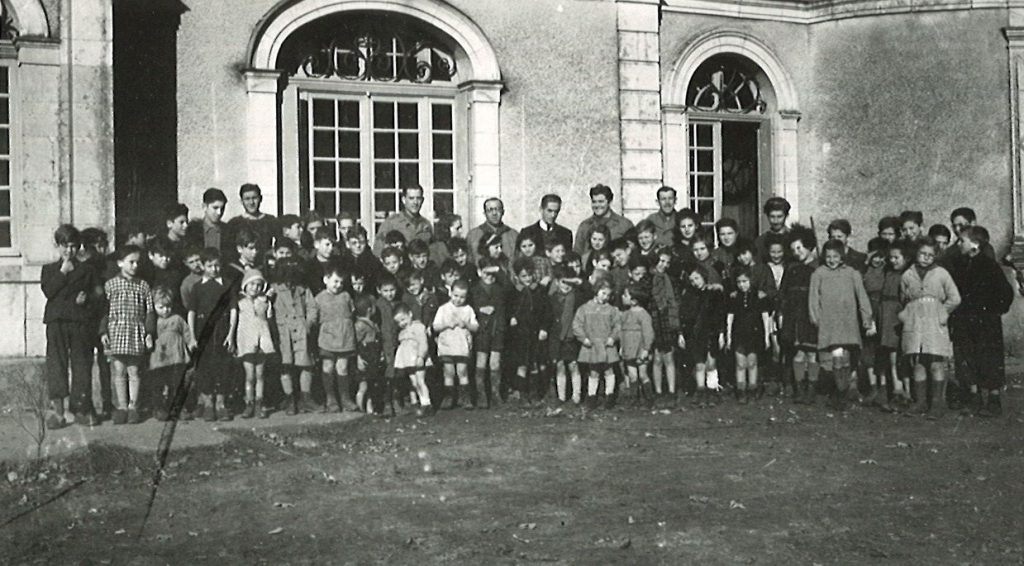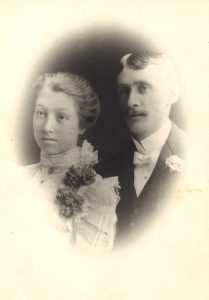
Amongst the family papers I inherited from my grandmother and great-uncle (orphans Thelma and Fred McLean in my earlier A Telluride story post), I found several old shiny Xerox copies (remember these?) of news articles my great-uncle Fred had made. He must have kept his local library swimming in copy revenue judging by the many such copies I found amongst his papers.
Fred McLean was our family genealogist. He dutifully typed up family stories, transcribed census records and letters, and then sent copies to his sister and her four children, one of whom was my mother, Thelma Jr. I wish Fred were alive today because it was due to him that I have an interest and now gainful employment in the field of genealogy. Continue reading In the news
